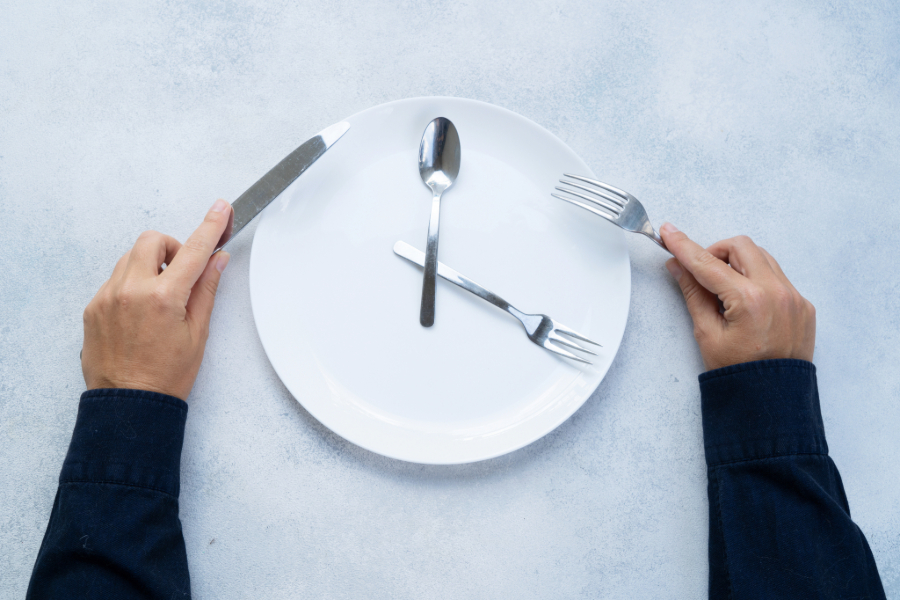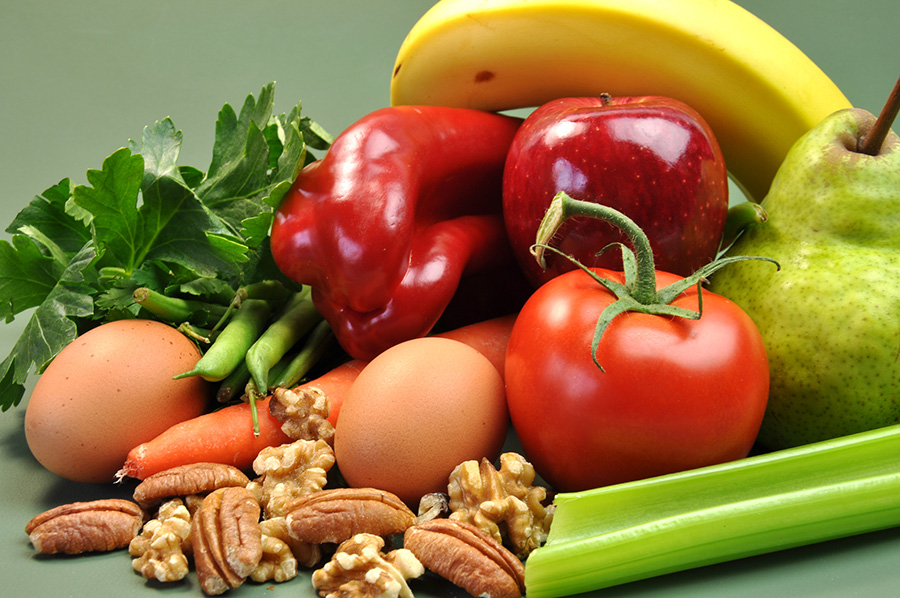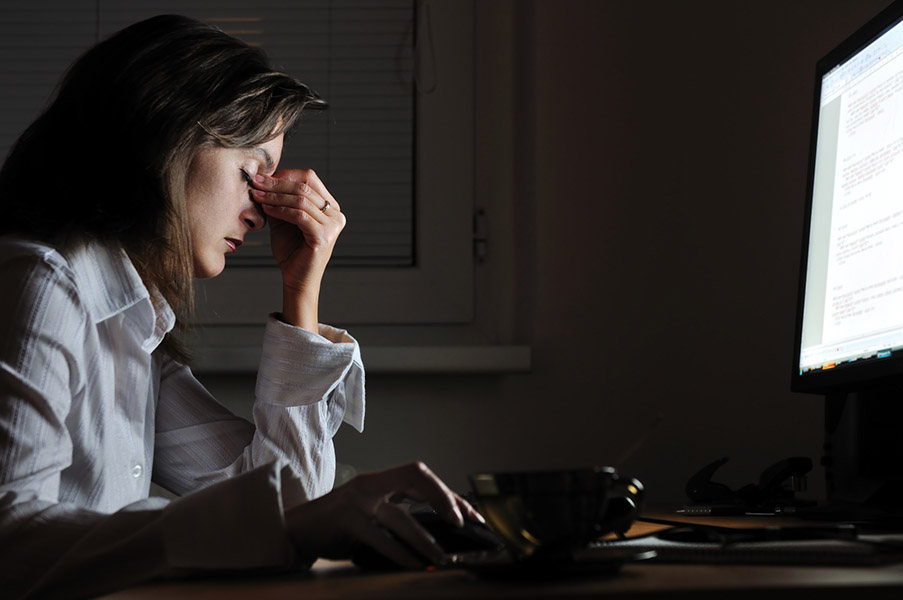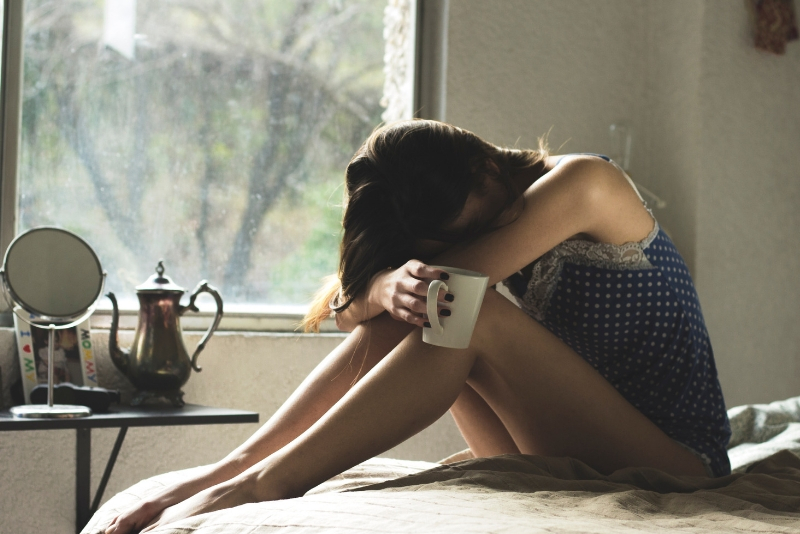Sweet Dreams at Any Age: Sleeping Tips for Senior Citizens
The Effects of Food on Sleep
When we think about foods or beverages that may keep us up at night, we immediately conjure up visions of coffee, cola, chocolate and all other manner of sugary delights. But what about foods that can actually help us sleep better?
Supplements and Their Role in Better Sleep
Most of these will be over-the-counter remedies (i.e. “sleeping pills”) from either name brand companies or generic variants, yet the results should remain the same: assistance in lulling yourself to sleep when your mind and/or body just won’t let you.
How Counseling Can Help with Sleep Habits
As many as a third of American male adults – according to research culled by the Centers for Disease Control and Prevention – aren’t getting enough sleep on a regular basis…and that’s an alarming statistic when you break it down. There are a myriad of possible factors at play here with regard to why someone could be struggling to sleep peacefully, the more common reasons having to do with mental health issues or poor “sleep hygiene.”
Fighting Exhaustion with Proper Sleep
Fatigue is defined by the medical profession as a feeling of weariness, tiredness or lack of energy that does not disappear after rest. People may feel fatigued in body or mind – i.e. physical or psychological fatigue – but most of the time, fatigue can be traced to one or more of your habits or routines.
The Connection Between Sleep Disorders and Depression
One of the more common and pronounced symptoms of people suffering from depression is erratic sleeping patterns. In its simplest terms, people manifesting this symptom either sleep too little or sleep too much. Irregular sleeping patterns can directly affect our mood and disposition, exacerbating any signs of depression.










